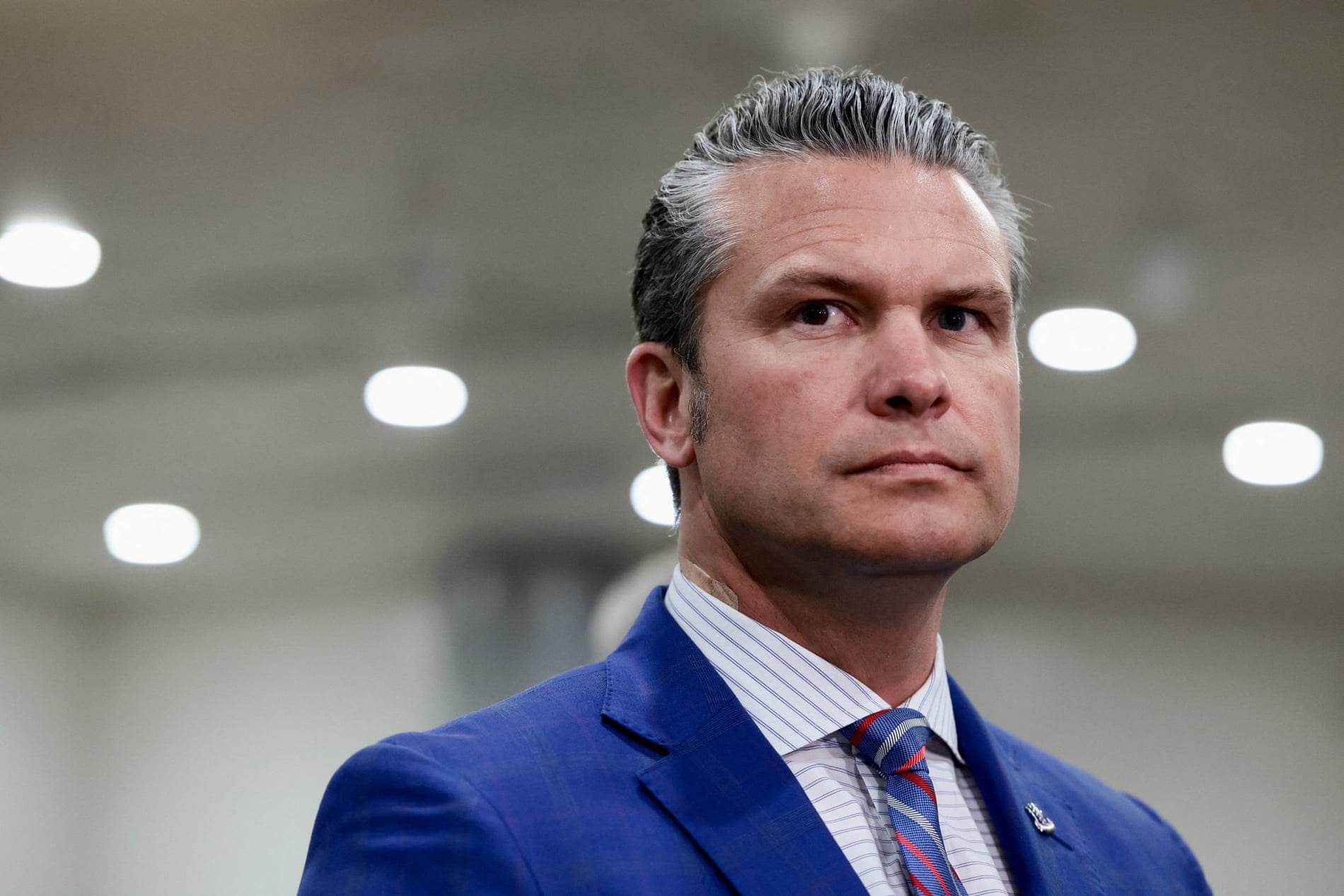 he Supreme Court on Monday declined to scrutinize how a discredited military lab analyst helped convict men like former Navy hospital corpsman Ivor Luke. The court's decision leaves intact Luke's 1999 court martial conviction, secured with the help of U.S. Army Criminal Investigation Laboratory analyst Phillip Mills. Mills' own career subsequently collapsed amid revelations that he had falsified a report.
he Supreme Court on Monday declined to scrutinize how a discredited military lab analyst helped convict men like former Navy hospital corpsman Ivor Luke. The court's decision leaves intact Luke's 1999 court martial conviction, secured with the help of U.S. Army Criminal Investigation Laboratory analyst Phillip Mills. Mills' own career subsequently collapsed amid revelations that he had falsified a report.
But because Navy investigators had destroyed the evidence used to convict Luke of indecent assault, Mills' work could not be double-checked. That's left Luke to argue for the past five years, ever since Mills' misconduct was discovered, that a general pattern of questionable work should suffice to cast doubt on a specific conviction.
"The integrity of criminal trials in the military is...threatened here," Luke's attorney David Sheldon argued in his legal brief, adding that Mills' overall credibility had been "seriously undermined."
The Supreme Court, as is customary, offered no explanation for its refusal to hear Luke's appeal. The Justice Department, suggesting a high degree of self-confidence, had not formally responded to Luke's petition.
The court accepted only one case Monday and rejected more than 100 others, following a private conference held last Thursday. At least four justices must agree to hear a case for the court to do so.





 A Washington DC grand jury declined to indict six Democratic lawmakers who were denounced by...
A Washington DC grand jury declined to indict six Democratic lawmakers who were denounced by... The US defense secretary, Pete Hegseth, has said the Pentagon is ending all military training, fellowships...
The US defense secretary, Pete Hegseth, has said the Pentagon is ending all military training, fellowships...






























